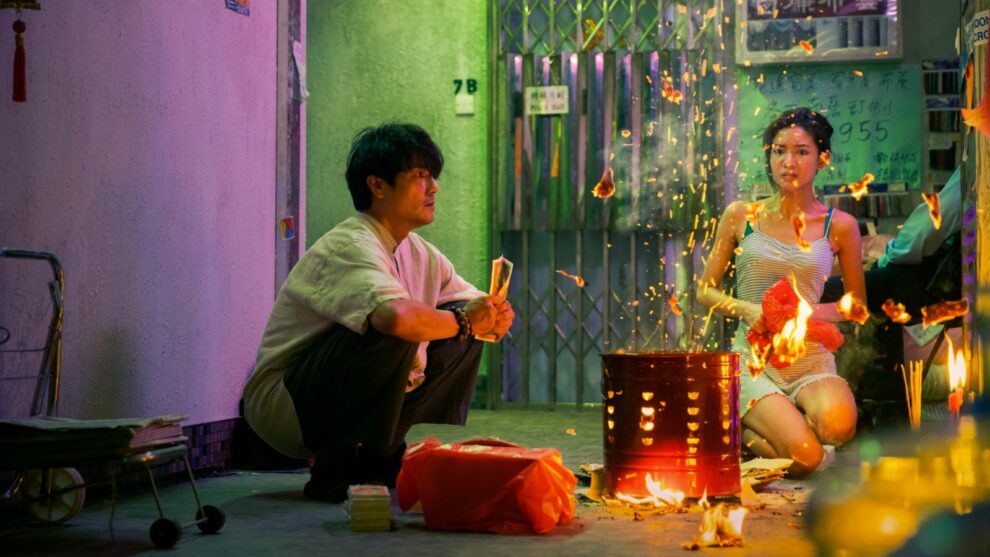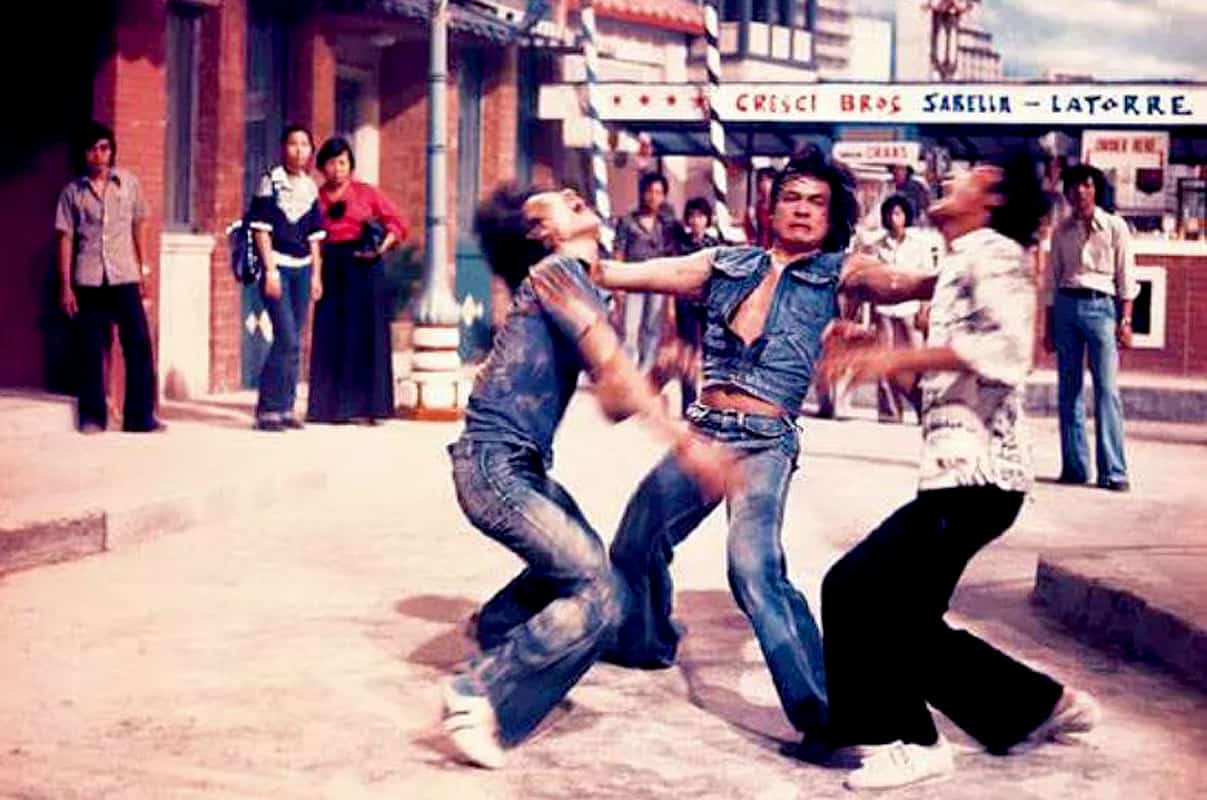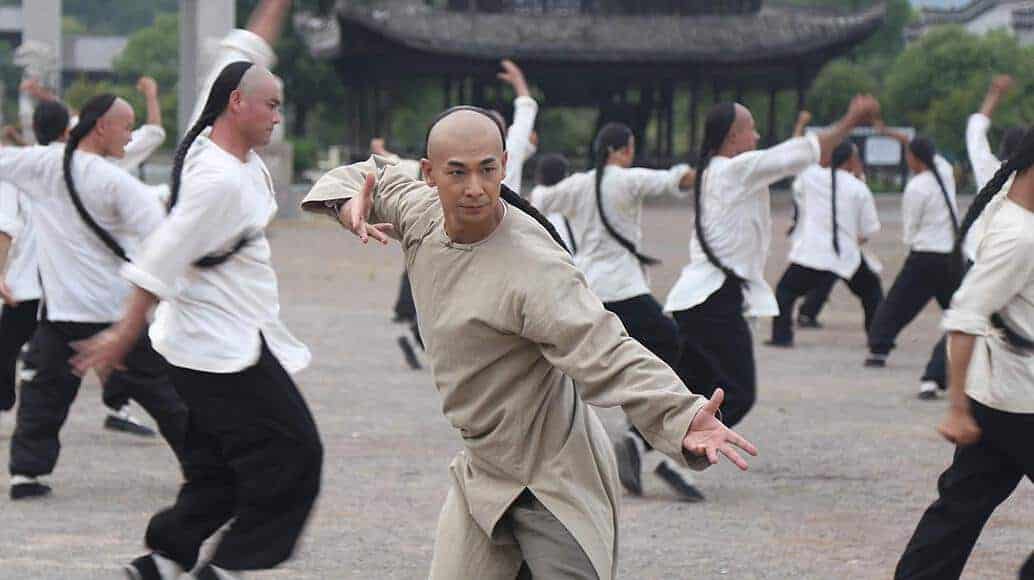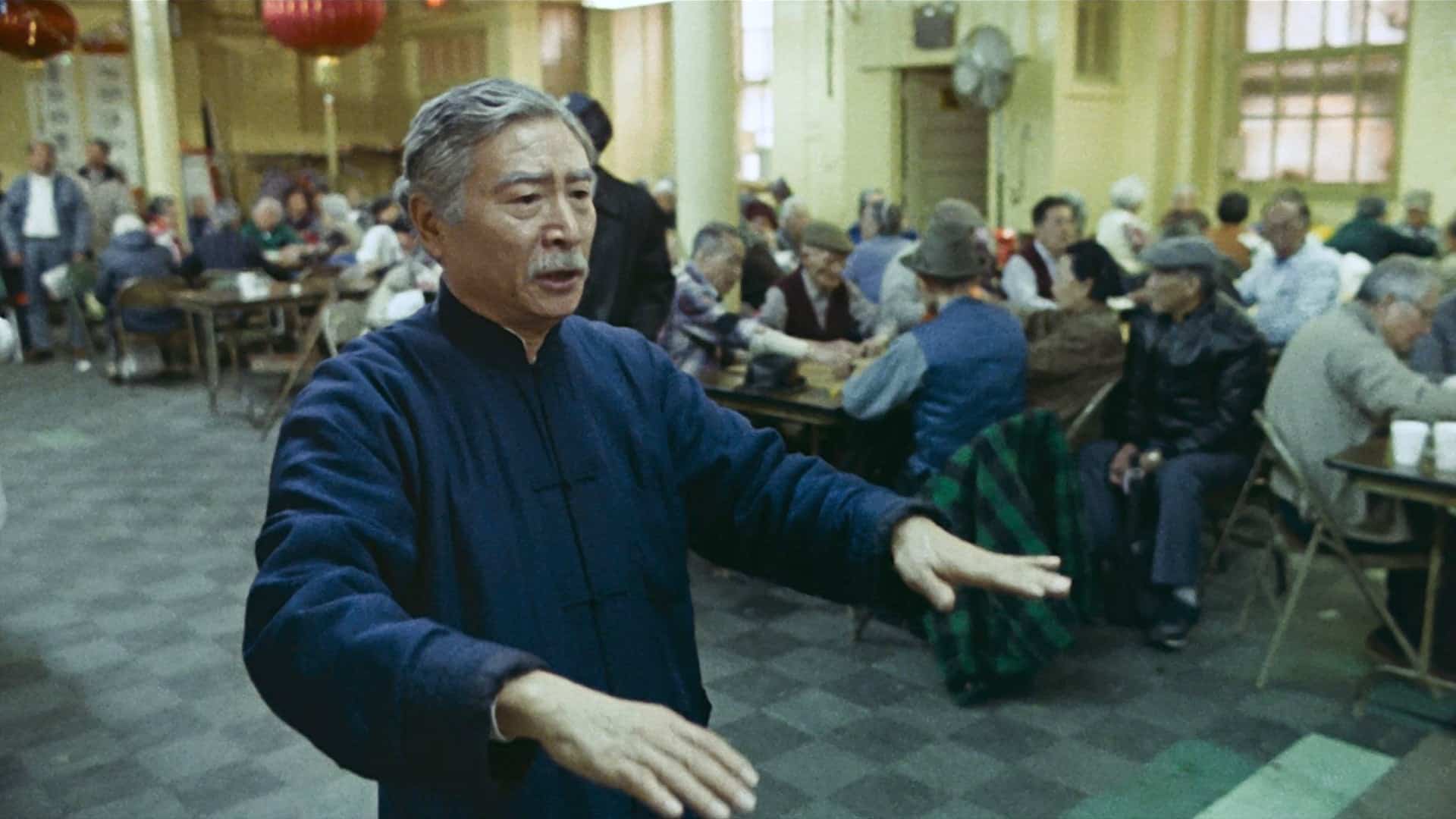Following the masterful “Limbo”, all fans of (classic) Hong Kong cinema were eagerly awaiting Soi Cheang's next step, with the director opting for an even more classic HK approach, that will remind many of the Wa Ka-fai, Johnnie To classic, “Mad Detective” with the latter actually being the producer of “Mad Fate”.
Mad Fate is screening at San Diego Asian Film Festival
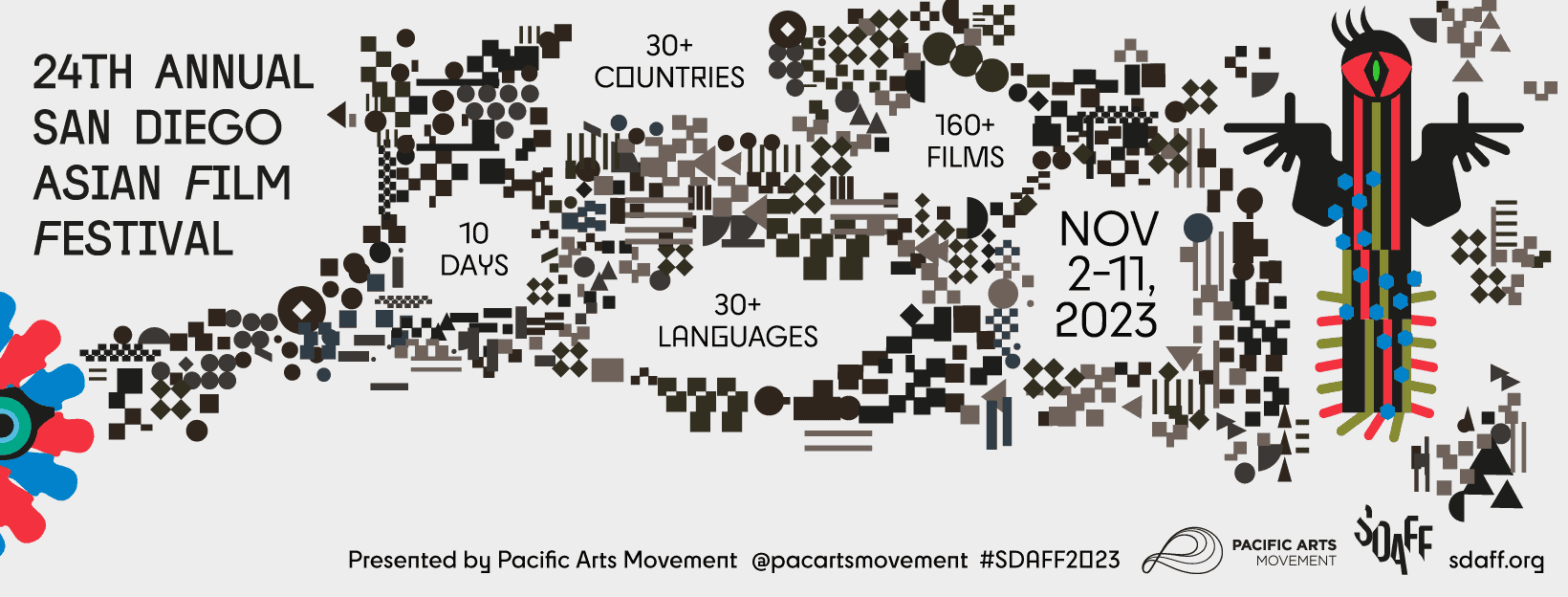
Although the movie begins in a supernatural, but also slightly comical fashion, having occultist Feng Shui Master temporarily bury a woman underground in a cemetery in order to change her fate, it soon turns into crime thriller territory. During the same night, the Master ends up by chance in an apartment that functions as a brothel, where eventually a heinous crime is committed by The Murderer, a serial killer who has a tendency to be triggered by rain storms into killing sex workers. On the scene, there are also present Siu-tung, a delivery man who is eventually revealed as one with a strong desire to commit murder particularly towards black cats, and a Veteran police inspector, who has arrested him a number of times in the past and has a beef with him, as much as an eagerness to help prostitutes. The fate of all men inevitably intermingle, although the focus remains on the Master and his effort to help Siu-tung change his murderous nature, as much as to avoid his own madness, which has caused much tragedy in the past.
Check also this video
Implementing the usual chaos that characterized similar Hong Kong movies in the past, Soi Cheang creates a pastiche that includes a number of genre elements in an evident effort to entertain. The Taoism of the Master, the murderous intent of Siu-tung, who does want to escape his fate though, the torturous cruelty of The Murderer, and the sense of justice peppered with an intense lack of objectivity regarding the rehabilitation of criminals, create an explosive amalgam that carries the movie for the majority of its duration. Add to that a bit of comedy, particularly through the Master's shenanigans and the way he becomes friends with the knives-obsesses Siu-tung, a bit of (melo) drama regarding their past, and an intense sense of agony on how the whole thing will end and you have the penultimate genre movie.
Furthermore, Cheang plays excellently with the concept of what is a coincidence and what is a fate, in order to both analyze his characters and to progress his story, in a “trick” that despite its occasional illogicality, actually works quite well for the narrative.
At the same time, though, it seems that Cheang was not very eager to make decisions regarding both the story and his characters. Is the Master a crazy and dangerous man or a capable Taoist practitioner filled with compassion for the people around him? Is Siu-tung a helpless sociopath society and the Veteran will never forgive or someone truly willing to go to extremes to change? Is the film a supernatural comedy, a crime thriller, or a character drama? This mixup does not help the quality of the movie at all, while the issues in the writing do become quite apparent as time passes.
On the other hand, all the other aspects of the movie are on a rather high level. Gordon Lam plays the master with gusto and a fitting excessiveness that reminds of Ching Wan Lau's role in “Mad Detective” particularly after he has his head bandaged. Lokman Yeung as Siu-tung emits terror with each gaze and each movement, with his attacks on cats being among the highlights of the movie. Peter Chan as The Murderer highlights his seemingly normal, but actually intensely sociopathic persona convincingly, while Berg Ng as the Veteran is excellent in a role that has him in the position of the weakest, despite the authority his capacity nets him.
David Richardson and Allen Leung's editing induces the film with a frantic pace that definitely suits its aesthetics, with the speed also being mirrored in the movements of the characters. Cheng Siu-keung captures the different settings, the Taoist tent, the Master's terrace, the neon lights brothel, the dark alleys and the small restaurants in a style that suits each situation to perfection, all the while highlighting the dead-end setting all the protagonists inhabit.
In general, “Mad Fate” is not a bad film at all, and the truth is that fans of HK cinema of the past will find a number of elements to enjoy here, with the entertainment the movie emits actually extending from beginning to end. The biggest problem, though, is that Cheang set the level rather high with “Limbo”, and however good “Mad Fate” is, it is definitely not as good as its predecessor.


